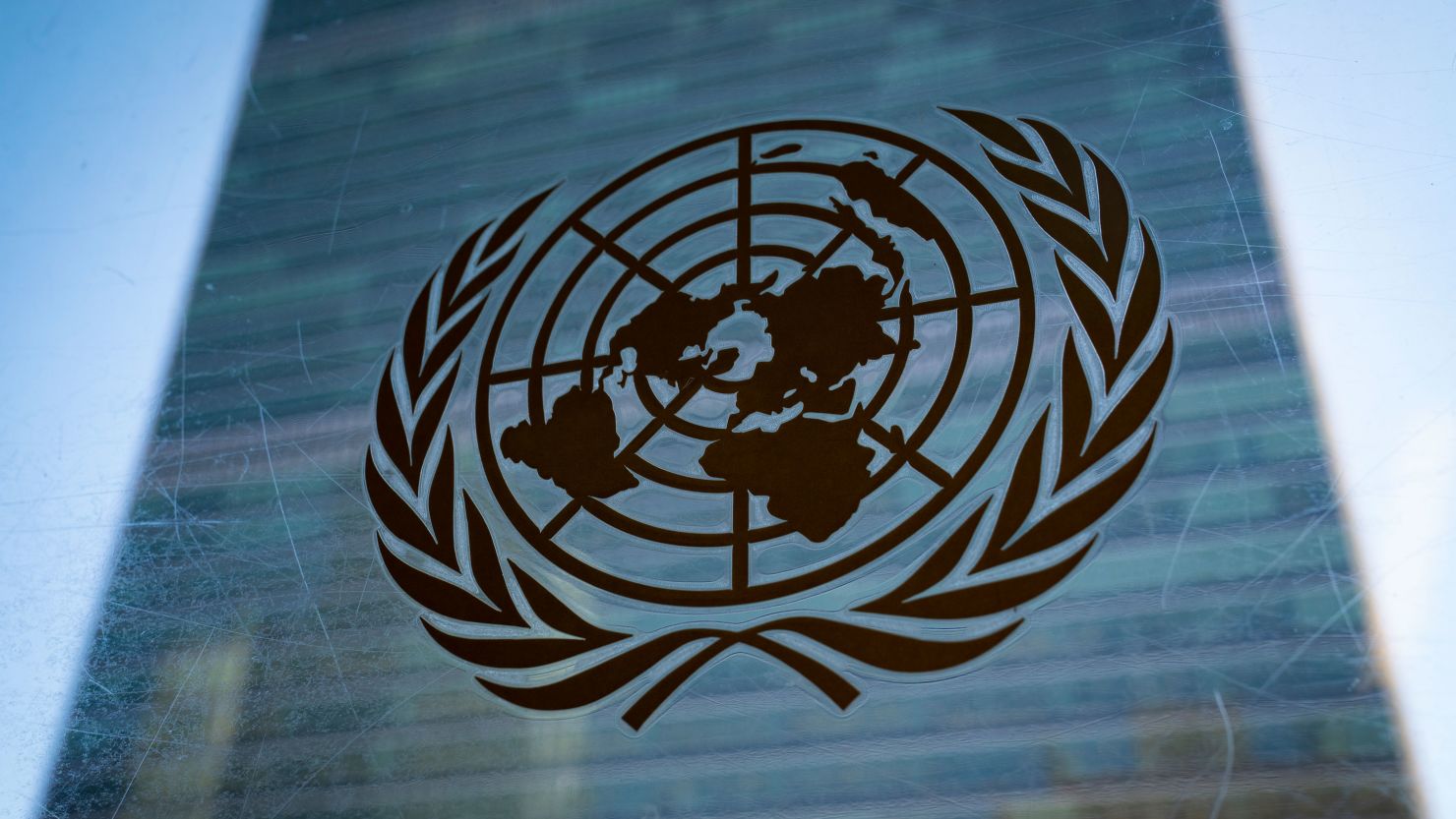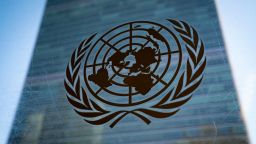The United Nations said it was being forced into making an “appalling choice” after instructing all of its personnel in Afghanistan to stay away from its offices in the country, following the Taliban’s ban on female Afghan aid workers.
“UN national personnel – women and men – have been instructed not to report to UN offices, with only limited and calibrated exceptions made for critical tasks,” the organization said in a statement.
It comes after Afghan men working for the UN in Kabul stayed home last week in solidarity with their female colleagues.
The UN said the Taliban’s move was an extension of a previous ban, enforced last December, that prohibited Afghan women from working for national and international non-governmental organizations.
The decree forced the UN “into having to make an appalling choice between staying and delivering in support of the Afghan people and standing by the norms and principles we are duty-bound to uphold,” the organization said in a statement Tuesday.
It added that the ban was “the latest in a series of discriminatory measures implemented by the Taliban de facto authorities with the goal of severely restricting women and girls’ participation in most areas of public and daily life in Afghanistan.”
The UN will continue to “assess the scope, parameters and consequences of the ban, and pause activities where impeded,” the statement said, adding that the “matter will be under constant review.”
Several female UN staff in the country had already experienced restrictions on their movements since the Taliban seized power in 2021, including harassment and detention.
Ramiz Alakbarov, the UN Deputy Special Representative, Resident and Humanitarian Coordinator for Afghanistan, called the Taliban’s decision an “unparalleled violation of human rights” last week.
“The lives of Afghanistan women are at stake,” he said, adding, “It is not possible to reach women without women.”
The UN Secretary-General’s Special Representative for Afghanistan, Roza Otunbayeva, is engaging with the Taliban at the highest level to “seek an immediate reversal of the order,” the UN said last week.
“In the history of the United Nations, no other regime has ever tried to ban women from working for the Organization just because they are women. This decision represents an assault against women, the fundamental principles of the UN, and on international law,” Otunbayeva said.
Other figures within the organization also condemned the move, with the UN High Commissioner for Human Rights calling it “utterly despicable.”
After the Taliban banned female aid workers in December, at least half a dozen major foreign aid groups temporarily suspended their operations in Afghanistan – diminishing the already scarce resources available to a country in dire need of them.
The Taliban’s return to power preceded a deepening humanitarian crisis in Afghanistan, worsening issues that had long plagued the country. After the takeover, the US and its allies froze about $7 billion of the country’s foreign reserves and cut off international funding – crippling an economy heavily dependent on overseas aid.




